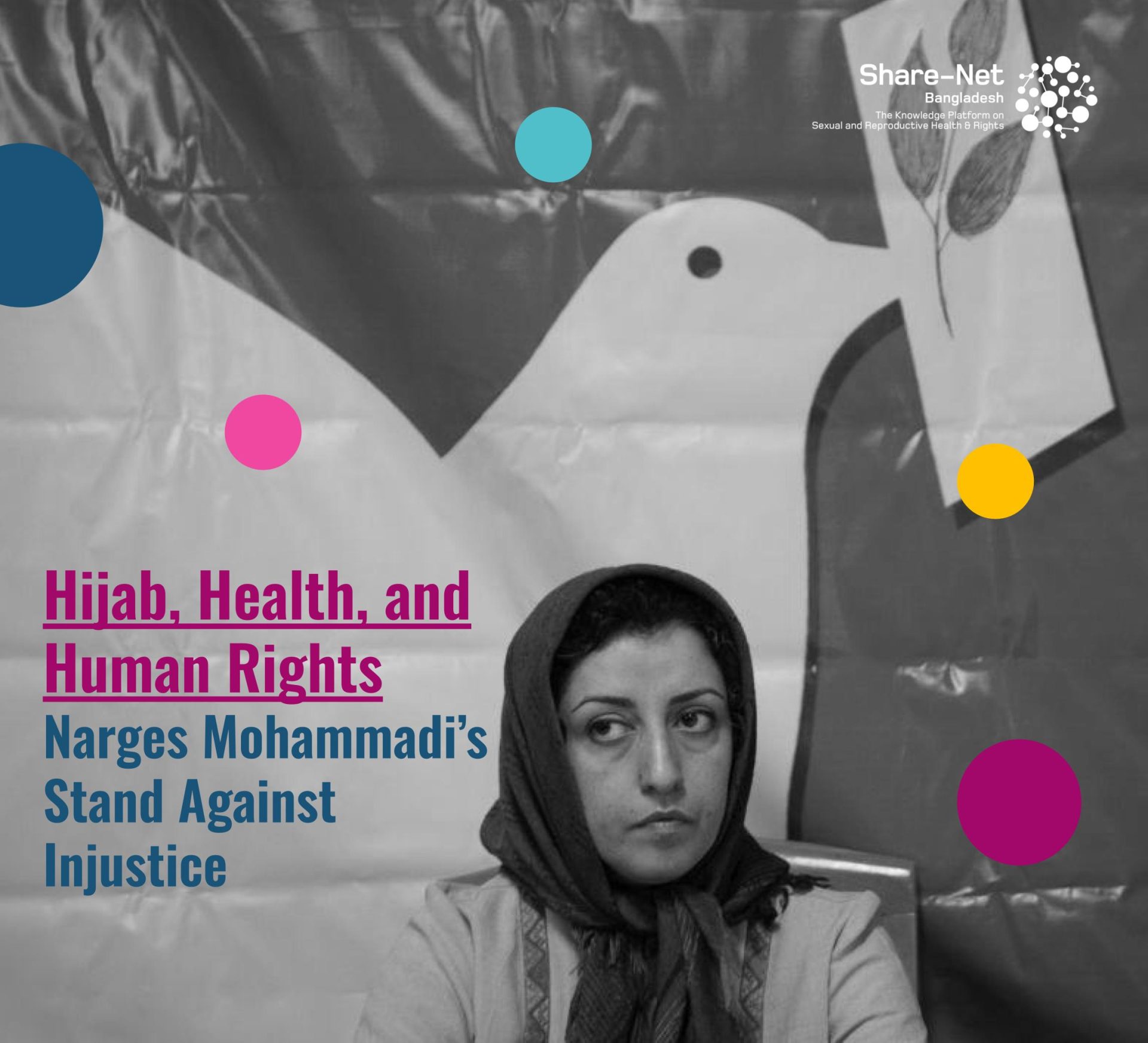Hijab, Health, and Human Rights: Narges Mohammadi’s Stand Against Injustice
In the midst of international acclaim and recognition, Narges Mohammadi, a prominent Iranian human rights activist, has taken a bold and desperate step to shed light on the injustices plaguing her homeland. Just a month after being awarded the Nobel Peace Prize for her unwavering dedication to fighting for the rights of women in Iran, Mohammadi has begun a hunger strike.
At 51 years old, she is not only protesting against Iran’s denial of medical care to her and other inmates, but also against the country’s mandatory hijab law, which requires women to cover their hair and wear long, loose-fitting clothing. Her stand is a brave and poignant call for justice and change.
Mohammadi urgently requires treatment for heart and lung conditions, but a prosecutor has been blocking her transfer to a hospital. Her family’s distressing statement revealed that the prosecutor’s opposition may have stemmed from Mohammadi’s refusal to wear a headscarf. This revelation has sparked outrage and condemnation from around the world, with the chairwoman of the Norwegian Nobel Committee expressing deep concern.
Berit Reiss-Andersen stated, “The requirement that female inmates must wear a hijab in order to be hospitalized is inhumane and morally unacceptable.” These words reflect the sentiments of many who believe that fundamental human rights should not be denied based on gender and personal beliefs.
Despite repeated appeals to prison officials and the judiciary, the prosecutor has delayed Mohammadi’s transfer to the heart and lung center for necessary medical care, despite the advice of a trusted prison doctor. The situation has prompted other female inmates at Evin prison to protest for two days and nights, urging the authorities to transfer her to the hospital. Tragically, their efforts were in vain as the prison warden declared that sending her to the heart hospital without a headscarf was prohibited.
Narges Mohammadi’s story is not an isolated case in Iran. In 2022, mass protests erupted following the death in custody of Mahsa Amini, a young woman detained for an “improper” hijab. These protests reflect the growing resistance against the compulsory hijab and the broader push for women’s rights in the country. Many women and girls have been openly defying the hijab law, demonstrating the strength of their convictions and their yearning for freedom.
In a heartfelt letter to the Norwegian Nobel Committee, Narges Mohammadi described the mandatory hijab as “a means of control and repression imposed on society.” She eloquently highlighted that the continuation of Iran’s authoritarian religious regime depends on the suppression of these fundamental rights.
Narges Mohammadi’s hunger strike serves as a stark reminder of the ongoing struggle for human rights, especially for women in Iran. Her courage and determination will undoubtedly inspire countless others to continue the fight for justice, equality, and freedom in a nation where these principles remain elusive for many.
Source: BBC


